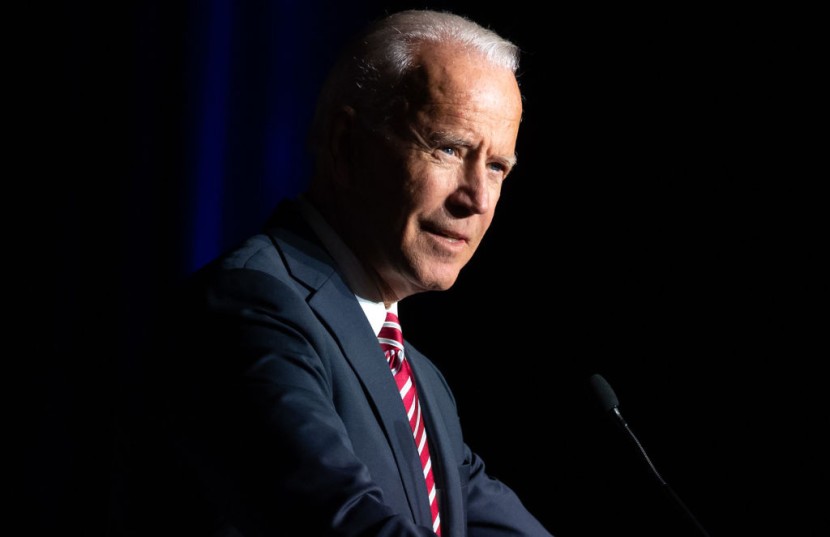
On Wednesday, the Biden administration finally unveiled its protracted national security plan. The United States would prioritize out-competing China by preserving an enduring competitive edge and containing a profoundly hazardous Russia, according to the 48-page national security policy.
The statement states that Washington and New Delhi will cooperate on a bilateral and multilateral basis to achieve our common goal of a free and open Indo-Pacific region about India, the biggest democracy in the world.
US National Security Strategy Refers to India as a "Ally"
According to the policy plan, the Biden administration will collaborate with South Asian regional allies to combat China's coercive activities. The revitalized Quad, which consists of the US, Japan, India, and Australia, addresses regional concerns and has proven its ability to deliver for the Indo-Pacific, notably by advocating high standards for infrastructure, is mentioned in the article.
The new national security policy states that we are closely collaborating with friends and partners, such as the Quad, to develop standards for key infrastructure to strengthen our cyber resilience quickly, and building collective capacity to promptly respond to attacks, as per Swarajya.
In light of China's expanding military maneuvers in the area, the US, India, and several other world powers have been discussing the necessity to guarantee a free, open, and prosperous Indo-Pacific.
China claims the majority of the disputed South China Sea, although Taiwan, the Philippines, Brunei, Malaysia, and Vietnam also have territorial claims. In the South China Sea, Beijing has erected military installations on manmade islands.
The White House stated that the US places a high priority on strengthening the ties between its democratic allies and partners in the Indo-Pacific and Europe in terms of technology, trade, and security because they understand how these ties reinforce one another and how the futures of the two regions are intertwined.
The future will be shaped by more democracy, not less, as we expand our global alliances. The inherent ability of democracy to transparently correct course fosters resilience and growth. In contrast, authoritarianism is fundamentally brittle, according to the White House, which released the national security policy, Republic World reported.
US Refers Indo-Pacific Economic Framework as 'Inclusive Coalition'
Before the memo was made public, US national security advisor Jake Sullivan told reporters that this decade would be decisive for the world.
The document claims that the post-Cold War era is definitely over and that major powers are vying with one another to determine the course of the future while people around the world struggle to deal with the effects of shared challenges, such as climate change, food insecurity, diseases, terrorism, energy, and inflation.
India also plays a role elsewhere, either directly or indirectly, in the national security strategy. The G7 is at its strongest when it formally engages other countries with aligned goals, according to the strategy, which refers to the G7 as the steering committee of the world's advanced industrial democracies. In this context, it alludes to the 2022 summit, which included Argentina, India, Indonesia, Senegal, South Africa, and Ukraine.
The Indo-Pacific Economic Framework is cited in the strategy as an example of an inclusive coalition that will provide the ground rules for an economically vital region and consequently the world economy. India has joined three of the framework's four pillars.
The strategy claims that the revitalized Quad has helped in addressing regional challenges and demonstrated its ability to deliver for the Indo-Pacific, combating COVID-19 and climate change to deepening cybersecurity partnerships and promoting high standards for infrastructure and health security, according to Hindustan Times.
Related Article: Joe Biden's National Security Strategy Highlights Nuclear Threats of Russia, Iran and North Korea
@YouTube
© 2025 HNGN, All rights reserved. Do not reproduce without permission.








